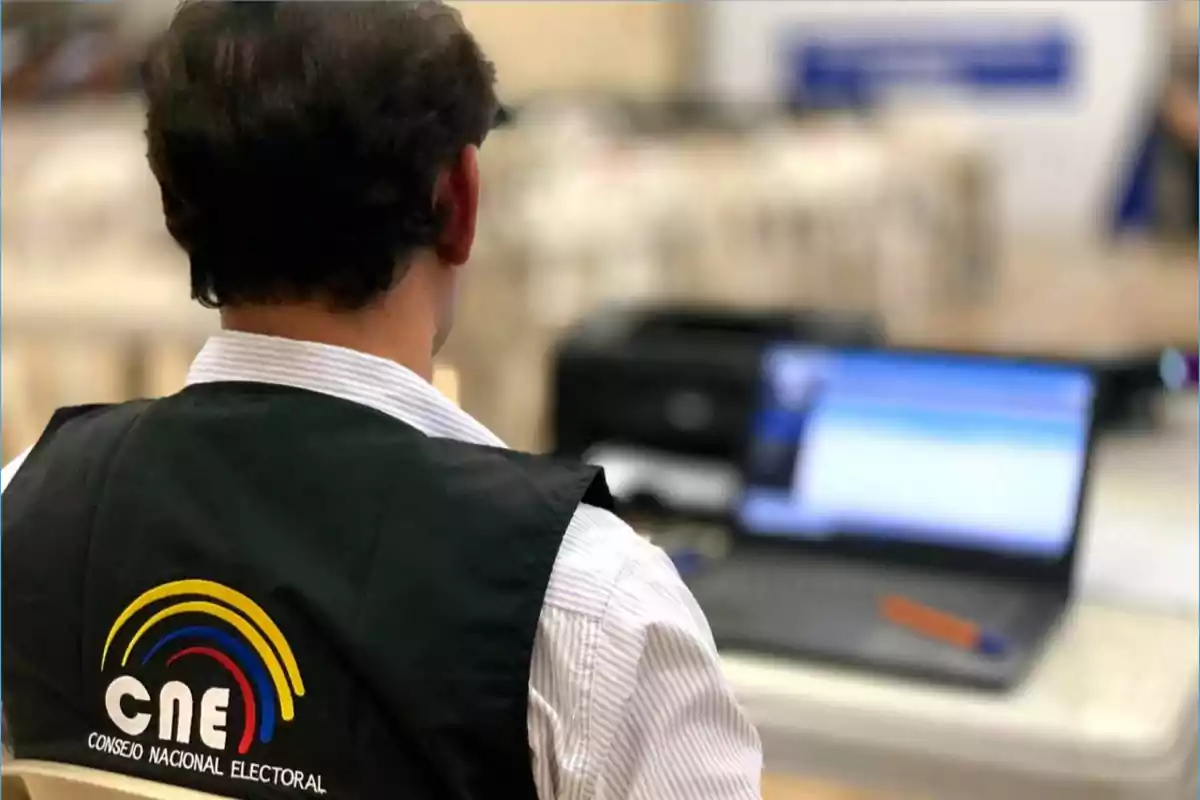
The Constitutional Court evaluated the ban on cellphones in elections
The measure seeks to prevent electoral crimes, but it faces legal challenges
The Constitutional Court (CC) is about to issue a key ruling on the constitutionality of the ban on the use of cell phones during voting, a measure adopted by the National Electoral Council (CNE). This regulation, backed by the Government, aims to prevent political extortion practices detected in previous elections.
Political activist Washington Andrade, close to the left-wing platform supporting Luisa González, filed a lawsuit against this measure. His intention would be to keep open the possibility of using mobile devices in voting precincts, which could facilitate mechanisms of pressure on voters, such as the obligation to photograph their vote.
The CNE approved the resolution on March 16, establishing the prohibition of cell phone use during voting and counting. The decision arose from reports of alleged extortions of citizens, who were allegedly required to provide evidence of their vote in favor of certain candidates.
Meanwhile, sectors of correísmo argue that the right to expression and oversight is affected, experts point out that these objections could conceal attempts to manipulate the vote through covert surveillance. The regulation establishes operational exceptions only for counting members and provides penalties for those who violate it.

The defense of this ban aligns with the stance of president and candidate Daniel Noboa, who has promoted clean and coercion-free elections. His government has been clear in stating that protecting the anonymity of the vote is essential to prevent the interference of political structures accustomed to clientelistic practices.
On the contrary, Luisa González's campaign has consistently questioned the measure, even through legal actions before the Electoral Contentious Tribunal. This attitude has been seen as a strategy to preserve spaces that allow pressure on the most vulnerable voters, especially in areas where consolidated political networks operate.
"They want to continue controlling the vote with unethical mechanisms," said an electoral official under anonymity. For independent observers, preventing the use of devices during voting is not only legal but a guarantee to preserve the true citizen will.
In the midst of a polarized environment, the defense of free and pressure-free voting is more urgent than ever. Citizens deserve a system where their choice is not conditioned or observed by partisan interests.
More posts: